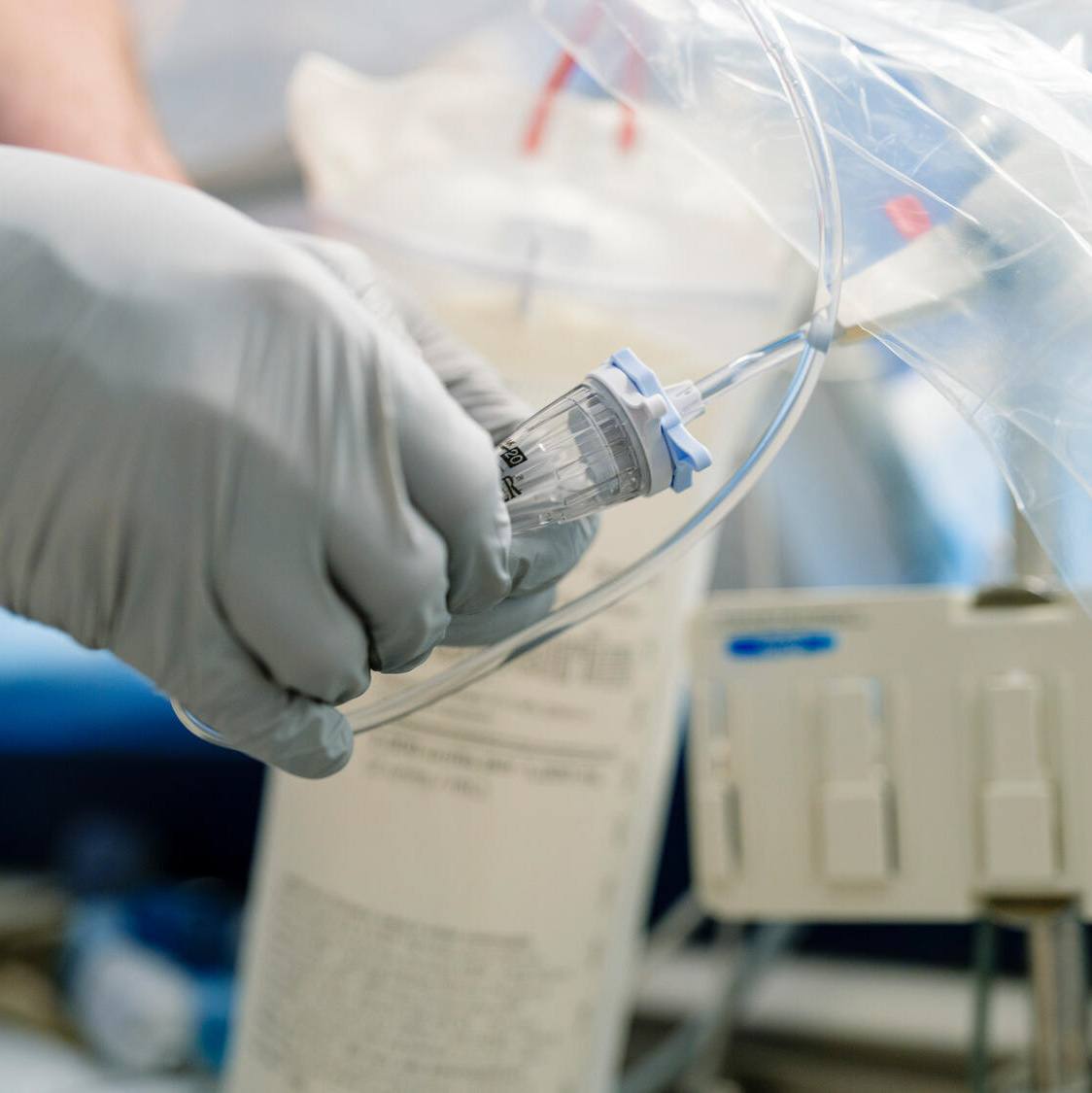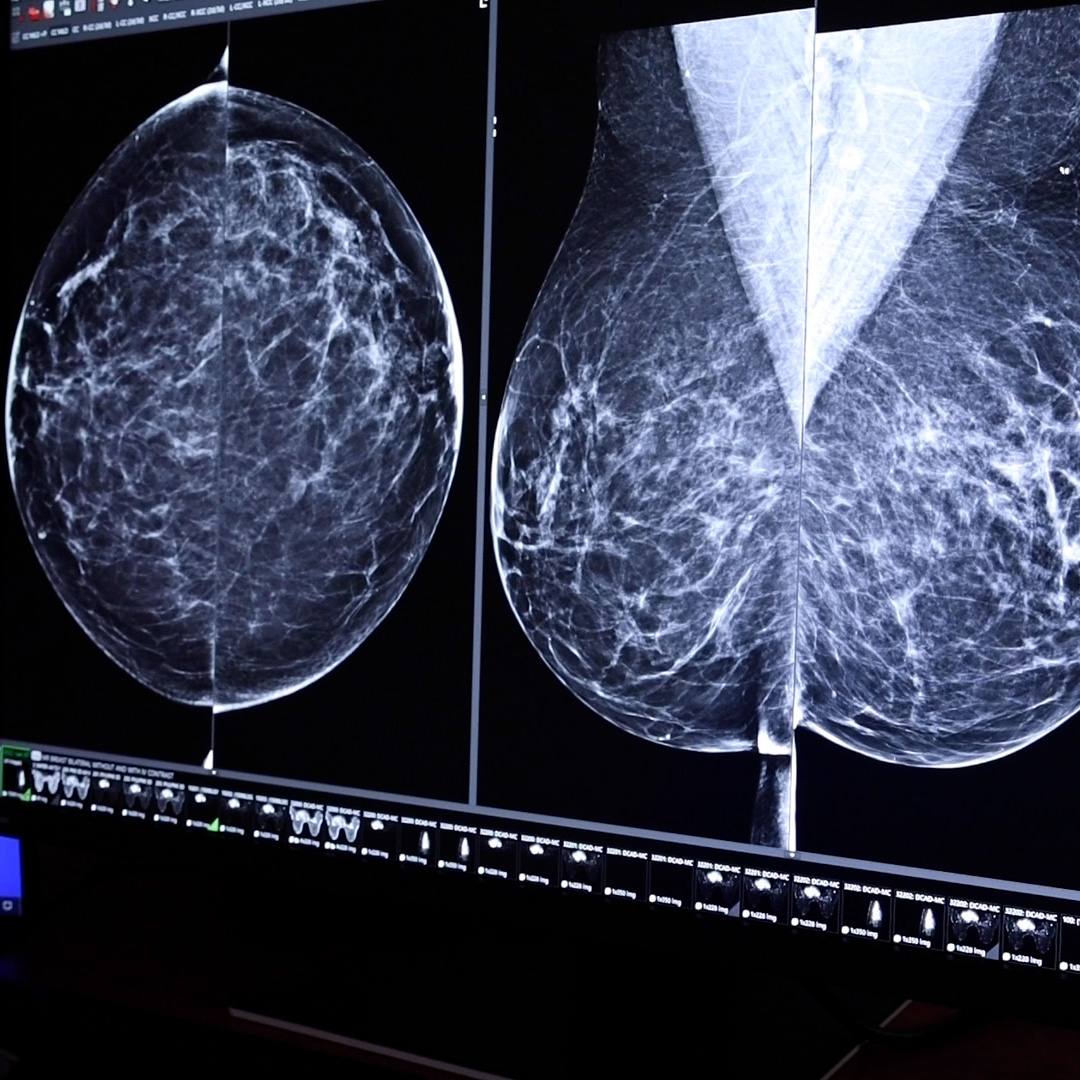-
Mayo Clinic Minute: Cryopreservation giving kids with cancer a brighter future
In recent years, significant strides in pediatric cancer research have drastically decreased the odds of children dying after they are diagnosed. As the chances of children dying from cancer are decreasing, health care providers are taking steps to protect children from future side effects of cancer treatment. One of the newest ways is a procedure called cryopreservation.
Journalists: Broadcast-quality video pkg (1:00) is in the downloads. Read the script.
It's the news no parent ever wants to hear: Your child has cancer.
"Young pediatric patients don't understand, but their parents are shell-shocked," Mayo Clinic's Dr. Zaraq Khan says. "And, so, we feel that when there are so many things going on at that time, fertility is something that's overlooked."
Dr. Khan specializes in reproductive endocrinology and infertility at Mayo Clinic. He says that, while it may seem odd to worry about fertility when a child is dealing with cancer, it's actually a sign of how far research has come on childhood cancer.
"We are at that point right now in medicine where we have excellent survival rates for cancer, and we have excellent treatments," Dr. Khan says.
"Unfortunately, they take a big toll on the fertility potential," he says. "And if we can provide them both with excellent treatment for their cancer and also be a beacon of hope for their fertility in the future [that would be ideal]."
Dr. Khan says some patients go through what is called gamete cryopreservation. Doctors take testicular or ovarian tissue, and freeze them ...
"... until they're in remission. And, then, we will transfer it back to the patient so that they can regain their fertility potential."
Dr. Khan says it's another way of treating more than just the cancer.
"At the time when they are faced with such devastating news, giving hope and giving some glimmer of happiness into the future really is something that they hold onto, and it goes a long way through the process," he says.







